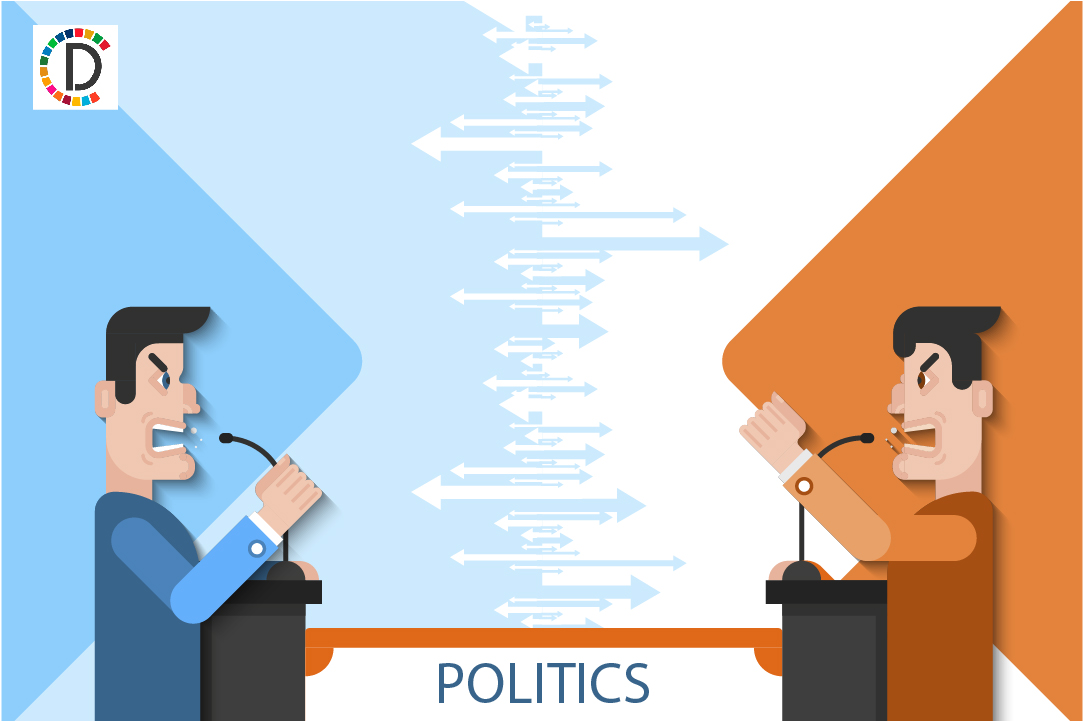South Korea's Election Sparks Concerns Over Chinese Influence
South Korea's presidential election saw liberal candidate Lee Jae-myung elected, raising U.S. concerns about Chinese interference. While the U.S. affirmed the alliance with South Korea, issues over Lee's stance on China and regional policies remain. The election's integrity and political dynamics continue to be scrutinized as U.S. allies react.

The White House affirmed on Tuesday the fairness of South Korea's presidential election, which resulted in a victory for liberal candidate Lee Jae-myung, but expressed apprehension over potential Chinese interference. A representative stated, "While the election was free and fair, the United States remains vigilant regarding Chinese influence in democracies globally."
The concerns were voiced amidst ongoing debates over China's role in international politics, with U.S. Secretary of State Marco Rubio reiterating the solid U.S.-ROK alliance. Meanwhile, Trump allies have showcased skepticism, citing alleged election fraud and Chinese meddling without substantiation.
As South Korea shifts with its new presidency, scrutiny is heightened over Lee's policies on China and strategic regional dynamics. The U.S. continues its commitment to bolstering security and economic ties with both South Korea and Japan, signaling potential policy tensions under Lee's leadership.
(With inputs from agencies.)
ALSO READ
Trump's Trade Tactic: Doubling Tariffs to Spur New Deals
Trump Administration Revokes Emergency Abortion Guidance Amid Growing Concerns
Trump's Tariff Tango: Steel and Aluminum Levies Rise
Trump Doubles Tariffs on Steel and Aluminum Amid Global Trade Tensions
Trump's Tax and Spending Bill Faces an Uphill Battle in the Senate










